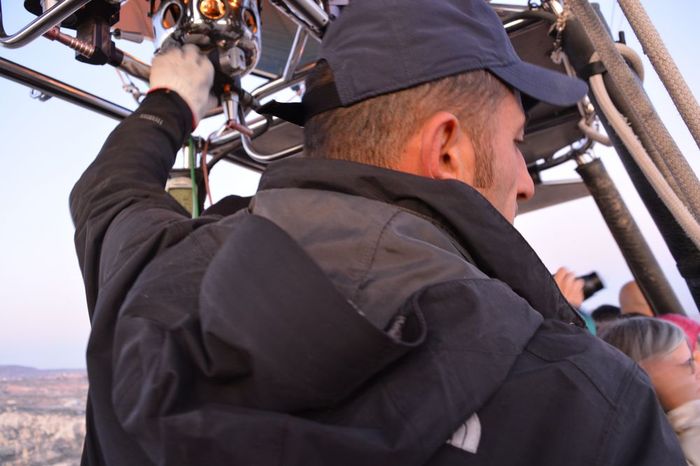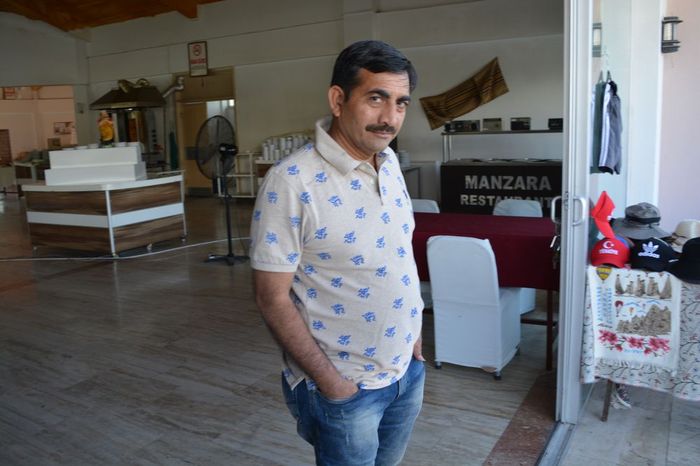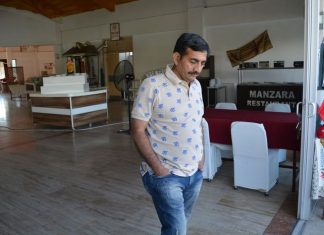And now Bohemund was sorely pressed both by land and sea. (For the Emperor sat like a spectator watching the events in the Illyrian plain, yet with his whole heart and soul he stood by the side of his soldiers and shared an their exertions and labours-or even underwent more, one might say. He spurred on the chiefs he had posted at the heads of the passes to fresh combats and battles, and suggested to them the manner in which they should attack the Franks.
And Marianus was watching the pathways of the straits between Lombardy and Illyria, and entirely prevented men crossing from Italy to Illyria, for he did not allow a three-masted boat or a large merchant-vessel or even a light two-oared pirate-boat to cross to Bohemund.) Now that the provisions which used to be brought by sea failed Bohemund and he was hard pressed on land, for he saw the war was being waged with great skill (for whenever any soldiers left the palisades to forage or fetch in other things or drive out the horses to water the Romans at once attacked them and killed the majority, so that his army was gradually wasting away), he sent envoys to Alexius, Duke of Dyrrachium, and began to treat for peace.
Emperor welcomed such a guest
Moreover one of Bohemund’s high-bred Counts, Gelielmus Clareles, observing that the Frankish army was perishing from starvation and disease (for a terrible disease had swooped down upon it from above) consulted his own safety and deserted to the Emperor with fifty horse. The Emperor welcomed such a guest, enquired about Bohemund’s affairs and on being assured that famine was breaking up the army and that the Franks’ position was really desperate, he conferred the rank of Nobilissimus on him on the spot and repaid him with many gifts and attentions.
He next heard by letter from Alexius that Bohemund had sent an embassy to sue for peace. As he was aware that the men about his person were always plotting some evil against him and reflected how frequently they had rebelled, and that he was really more exposed to foes at home. than to enemies abroad, he decided to leave off fighting against both parties with both hands. Accordingly he made a virtue of necessity, as the saying is, and judged it wise to accept peace with the Franks and not reject Bohemund’s offers, for he was afraid of advancing further for the reason which this history has already stated. So he remained where he was, resisting both parties, and bade the Duke of Dyrrachium by letter answer Bohemund as follows.
Read More about Rinconete and Cortadillo part 6








